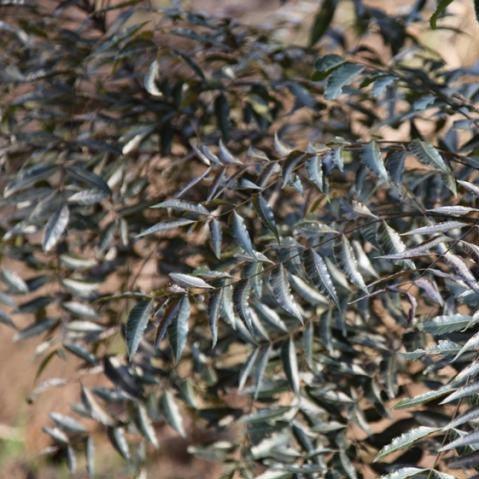
Shop Now for the Rare Black Neem Tree (Azadirachta indica nigra)
🌿 Kadiam Nursery - Your Trusted Wholesale Plant Supplier 🌿
🌾 We offer a wide selection of plants for bulk orders across India 🇮🇳, ensuring safe and reliable transport with our dedicated vehicles 🚛.
🌱 Minimum order quantities apply. We ship plants directly, without using courier services 📦.
🌳 Trusted nationwide for delivering consistent quality and reliability in plant supplies 🌿✨.
As part of Mahindra Nursery Exports, we also offer national plant export services 🌎. Natural factors may cause slight plant variations 🍃, but our commitment to quality remains steady 🌱💚.


